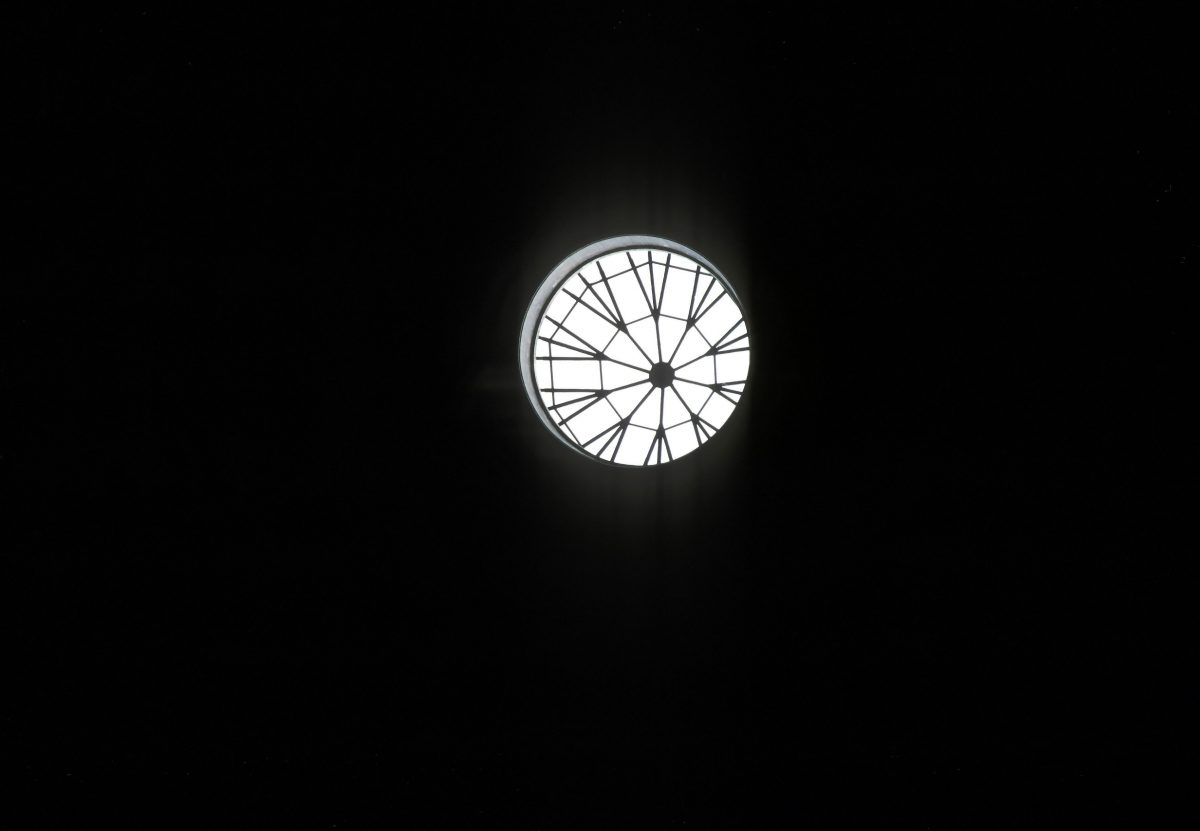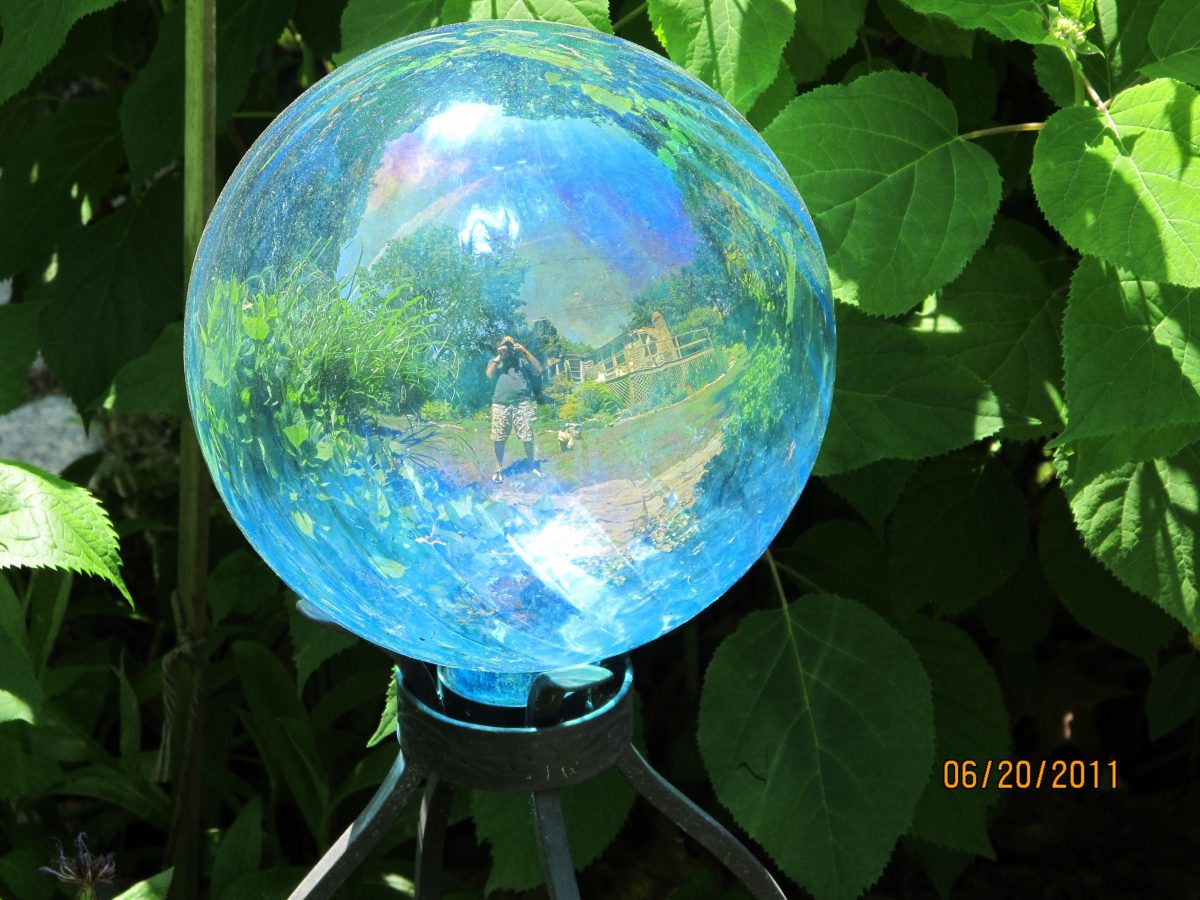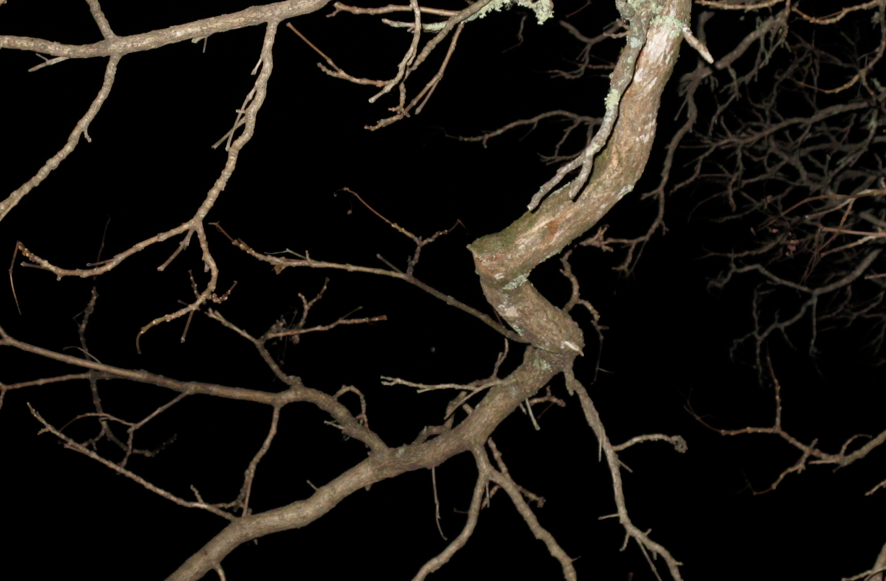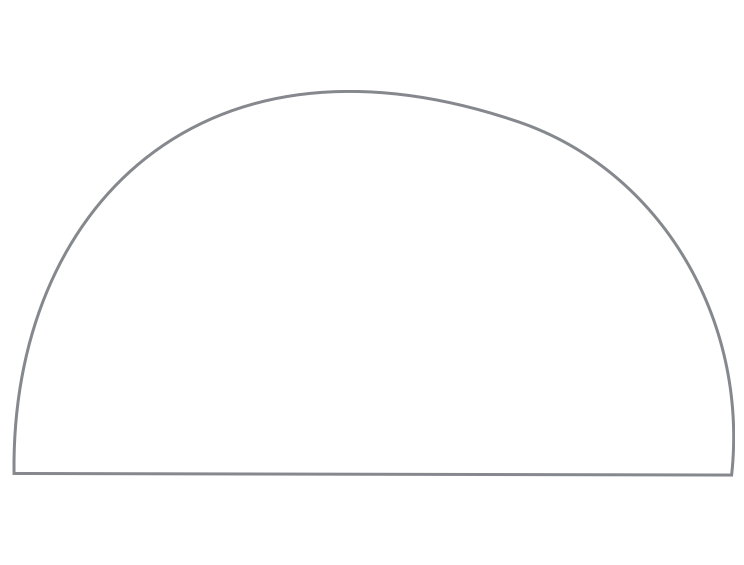Do you have a sofa in your living room that needs to be replaced but it is comfortable and perfectly meets your needs?
Loss, grief, and mourning are the pieces of furniture I’ve placed in the various rooms of my life. I rest on them, sleep on them, put my feet up to watch TV, and game. I move the furniture around to see what fits better where. What I won’t do is put them in storage nor leave them for goodwill. These are the decorative considerations of my life.
At least that’s how readers mentally respond when they read about my journey with loss and grief. Move on, find closure, get a life, replace all of that. I’ve said closure is denial said pretty. So it ain’t happening quite like that.
My thoughts on grief and love are not absolute we all love and grieve differently and for some, love and grief become acute and abject. For others not so much. What I am presenting here is my journey, what I’ve learned, and how grief and love flow though one life leaving rich the silt of understanding on the banks of emotional reality.
There are two questions I ask myself:
- Can grief exist without love?
- Can you love without grief?
I’ve put a lot of energy and thought into each post and podcast about loss, mourning, grief, and death. If you examine those you’ll understand my coexistence with grief. At times it is as peaceful as summer day. Other times a raging hail storm pelting my soul. Over time there is revel ever so teasingly unveiled of understanding and progress. More on that shortly, for now grief and love: hand and glove?
In my post “The Space Between Memories Known and Unknown” my premiss was grief is a light to guide us to understanding of what was and what is. I wanted to put grief and memories driven by grief into perspective. There is the time before diagnosis, the time during treatment, and the time after death. These distinct bands of sediment revealed on the eroded side of my past and current life is a living history. Each strata evokes a response that is different from the previous and creates a sum far greater than its parts.
I did not willing submit to the abuse of grief. Grief is the crystal water of an artesian well bubbling up from deep within the love we shared. When the waters of grief pool on the surface it becomes a nutrient rich medium that takes on a life of its own. The primary nutrient for grief are memories real, imagined, held, seen, and spoken. For me the memories appear as random reflections in the water that take me back. Collectively they drive an understanding that was not there previously. Grief has a life and will of its own and begins with love.
Love
What is love? In no way shape or form is this a treatise on love. I went back to Plato’s thoughts on love from his Symposium. I found this review, Plato’s theory of Love: Rationality as Passion by Lydia Amir. From Plato on, all human thought about love repeats in some form or another. I know that sounds cynical and reductive.
Amir’s key points on Plato’s idea of love are:
Love as desire for the perpetual possession of the good. We as humans are always seeking happiness. This desire for happiness is to have what is good. For the Greeks beauty and harmony reside in a perfect relationship and humans could not achieve that perfection unless they were good for one another.
Love is the desire for immortality. Simply put love is procreation and children are nearly our own perpetuity. There is the soul which is immaterial and indestructible—immortal but placed on earth in the world of life where forces of life move us away from the soul. When we find true love and it captures our heart we begin to find that which is immaterial and indestructible. “When ascending the ladder of love, the true lover possesses the good by enabling the Good to take possession of him. When this happens, the lover attains knowledge of reality.”
The path to successful love Plato details a journey to clarify our desire and find the real objective. “For till we realize that all out striving is motivate by a search for beauty and goodness, we live in ignorance and incapable of loving properly.” I’d suggested reading that section it is far too long to summarize here and some of the other considerations presented.
Salvation through love of another person. The Romantic love is the section where Amir presents the reality. Love fades and especially sexual love becomes a dissatisfaction. She references the psychologist Theodore Reik who notes that we generally look to another to fill the void within us. And when love fails we look for another and may not find it and thereby keep repeating that search.
I am going to skip to the Amir’s summary. In her practice she notes that when most people experience the end of a relationship they blame themselves, their partners, or both. When the person recovers from the mourning of the loss they search for a new relationship in hopes of not duplicating the failure. In fact we may fail again because no ‘real understand has been reached, no real work done,…’ She goes on in Plato’s analysis we as humans are striving beyond what the individual gives us. Yet we continue to search for it and fail and we repeat it. She quotes Schopenhauer that once our work (reproduction through love) is done there is nothing more we can do about it. Amir responds to that buzz kill Schopenhauer noting this:
“But, Plato tells us, everything begins where we used to think that everything ended.”
This fits with my thoughts on grief and how grief was a beginning of sorts. There are many posts and podcasts about this which are here, here, here, and here.
Grief
A dear and long time friend emailed me a couple of articles on grief with this “to me felt a bit like the struggle to move through grief…the emptiness that lingers, the cherishing of what was, a conflict of not wanting to forget or to let go, but the reality that you have to keep moving forward.” The key for me here is moving forward. Included in the email was a Wikipedia reference for the Portuguese word saudade.
Wikipedia defines saudade as profound melancholic longing for an absent something or someone that one loves. In a stronger form it is felt towards someone who is missing or separated or died. Further described as “the love that remains” after someone is gone. It is the remembering the memories of feelings, experience, events that were joy filled and meaningful. You relive those memories with the mixed emotions of sadness for the loss and the wanting to live again. The complexity of this word is seen in the example where you can feel saudade with someone who is in your life about the way you were or what you had. It can be a longing.
Duarte Nunes Leão’s definition of saudade: “Memory of something with a desire for it.”
The Symbiosis of Grief and Love
To answer the questions presented I wish I could say with absolute certainty yes or no to each. What I can say with the full weight and authority of my journey is:
You can grieve without love. As Plato describes we are seeking good and perfect and we keep repeating until we find that. Or believe we have found good and perfect (i.e. love). If we have not found that good and perfect we are grieving for what was not found which is different from what was lost. In that example the grief may be short lived or not expose one to a further understanding of what was and is regarding the genesis of that grief.
Love carries the specter of grief. Love and grief are the tensions at the edge of the pasture and the forest where you cross from the light of an open field into darkness of trees blocking the sun. In the middle of love in the middle of life that edge, that tree line, is not seen or our vistas. We turn in another direction seeking the light and warmth.
The magnitude and trajectory of grief is determined by the individual. We all grieve differently. My grief is not your grief. We all step into that darkened forest unfamiliar with the direction to take bringing with us memories of what was lost and what has died. Those memories are glow sticks that are snapped to illuminate what can’t see. Still our hands touch the trunks of gnarled bark on tree trunks feeling our way what we hope is forward.
With Plato’s direction we begin where everything has ended. With saudade we desire what was lost. The tension between those push and pull us. For me and my brand of grief I have not denied the grief or the memories. They are instruments of understanding new and complex ideas. I’ve begun again to look at what is good and perfect to measure what is and isn’t to move forward. I will admit that there are days and moments of some days where I surrender to the darkness. I walk into the empty home and call out her name and curse the silence. Today I am writing this knowing from memory of what was lost.


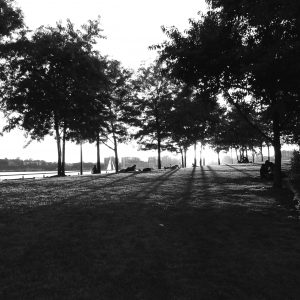 artesian aquifer. It flows from within, bored out of the loss of a loved one.It is part love and light. It holds promise to satisfyingly quench our loss. To sustain us.
artesian aquifer. It flows from within, bored out of the loss of a loved one.It is part love and light. It holds promise to satisfyingly quench our loss. To sustain us.


